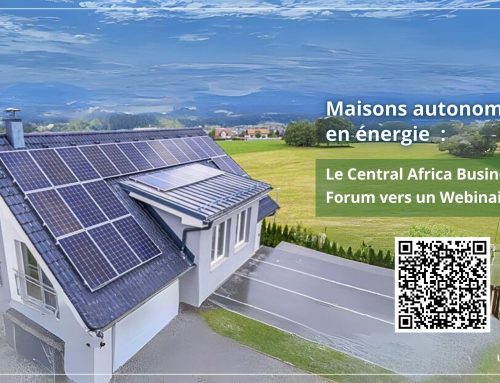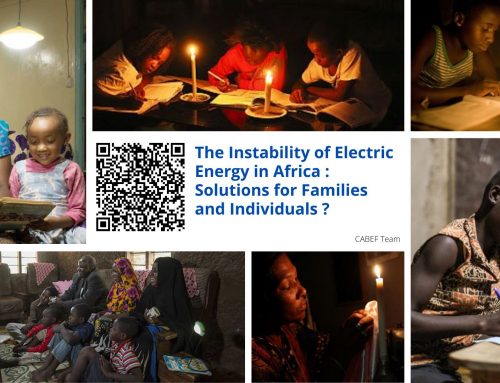Background
The Central African Pipeline System (CAPS) is a proposed cross-border energy infrastructure project that aims to connect the oil and gas resources of Equatorial Guinea, Cameroon, Chad, CAR (Phase1) Gabon, Congo, DRC, Angola (Phase 2) and Burundi, Rwanda (Phase 3). The project is expected to enhance the energy security and development of the sub-region by increasing the supply and access of affordable and reliable energy. The project is also expected to foster regional integration and cooperation among the sub-regional countries in terms of energy trade and policy. However, the project faces several challenges in terms of financing and implementation, such as technical, economic, legal, regulatory, political, and institutional issues. These challenges require adequate planning, coordination, and investment from both public and private sectors, as well as support from development partners and regional organizations. The project also requires innovative solutions and technologies to ensure its financial sustainability and profitability, as well as its environmental and social impacts.
To address these challenges and capitalize on the investment opportunities in the sub-region’s energy infrastructure, a panel discussion will be held during the Central Africa Business Energy Forum in Chad from September 8 to 9, 2023. The panel discussion will bring together experts and stakeholders from various sectors and countries to share their experiences and best practices, as well as to propose recommendations and strategies for enhancing the financing and implementation of CAPS and other energy infrastructure projects in the sub-region. Some of the economic challenges include cost allocation, benefit sharing, tariff setting, and market design. These challenges require transparent and fair mechanisms to distribute the costs and benefits of cross-border energy trade among the participating countries and stakeholders, as well as to create a competitive and efficient market environment.
Some of the legal and regulatory challenges include contractual arrangements, dispute resolution, and compliance with national and international laws and standards. These challenges require clear and consistent legal and regulatory frameworks to govern the cross-border energy trade agreements and transactions, as well as to address any potential conflicts and disputes that may arise.
Some of the political and institutional challenges include lack of political will, trust, and cooperation among the countries involved. These challenges require strong political commitment, mutual trust, and cooperation among the countries to overcome any barriers or obstacles that may hinder the implementation and operation of cross-border energy trade projects.
Introduction
The Central Africa Business Energy Forum is a meeting platform for the Central African sub-region and neighboring countries with the objective of developing the regional energy industry and the establishment of public-private relationships¹. The forum will take place in Chad from September 8 to 9, 2023. One of the main sessions of the forum is a panel discussion on the topic: Capitalizing On Investments Opportunities In Central Africa Energy Infrastructure. The panel discussion aims to explore the potential and challenges of financing and implementing energy infrastructure projects in the sub-region, with a focus on the proposed Central African Pipeline System (CAPS).
Yanick Ndikum
Senior Technical Advisor
CABEF Association






Laisser un commentaire